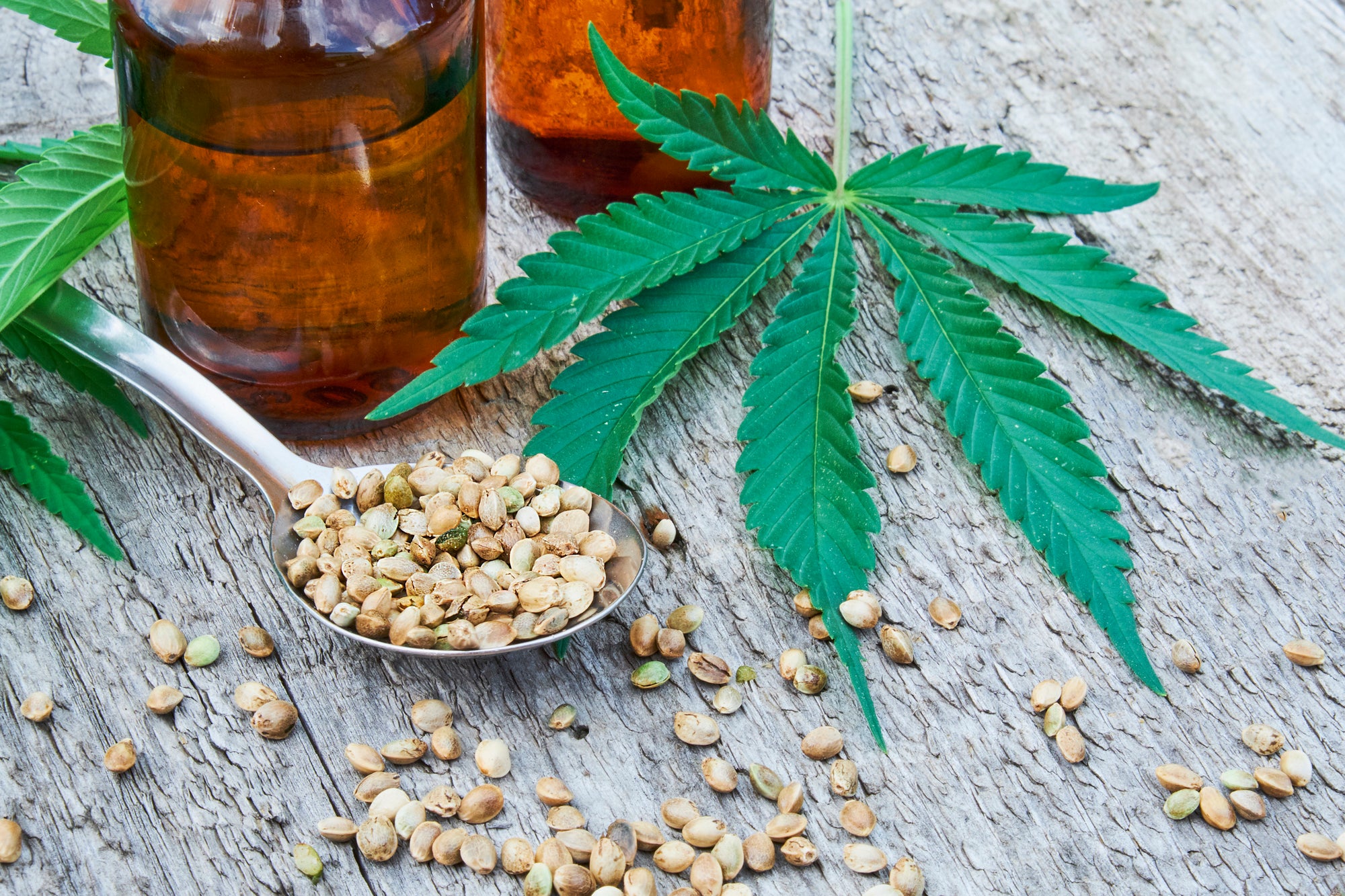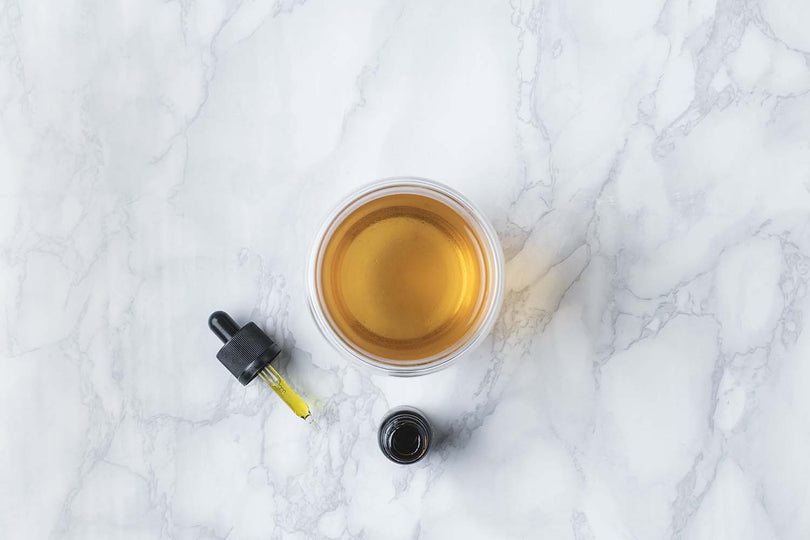Blog

Canodyne
CBD Q&A
Now that it’s available in grocery stores, CBD is officially on the verge of mainstream acceptance. But despite its growing popularity – 1 in 7 Americans use CBD for pain relief and therapeutic purposes, according to a recent Gallup survey – there’s a decent chance that although you’ve heard of CBD, you might not know what it is or how it works.
Let us help clear things up.
What is CBD?
CBD, which stands for cannabidiol, is one of more than 120 organic chemical compounds found in hemp, a member of the Cannabis Sativa family. Unlike it’s cannabinoid cousin, THC Delta 9, CBD delivers therapeutic benefits without the undesirable side effects. CBD is non-toxic and non-habit forming. It doesn’t have psychoactive effects and won’t get you “high.”
Is CBD legal?
Yes! Finally! Hemp had been illegal for decades under the 1970 Controlled Substances Act because federal law lumped it together with all other cannabis plants. However, that all changed last year when President Trump signed the Agriculture Improvement Act of 2018 (more commonly known as the 2018 Farm Bill) into law. Among the 2018 Farm Bill’s broad-ranging provisions was the legalization of the sale and cultivation of hemp at the federal level. The new law went into effect Jan. 1, 2019.
What do people use CBD for?
One of the most common uses, and what we specialize in, is treating different types of chronic pain. An animal study from the European Journal of Pain showed that topical application of CBD helps lower pain and inflammation due to arthritis. Other studies have shown CBD’s potential for treating inflammatory and neuropathic pain. CBD is also used for addressing insomnia and anxiety.
How do you take CBD?
CBD consumption comes in a variety of forms, including edibles, vapors, tinctures and topical solutions. Canodyne is a topical menthol gel that is formulated to combine organic healing compounds with clinically proven pharmaceutical pain relievers. We’ll discuss more about our gel and why it’s our preferred form in a later post.
How does CBD work?
In humans, there is a vast network of receptors located in the brain and throughout the central and peripheral nervous systems known as the Endocannabinoid System. These receptors react to cannabinoids, including CBD, to regulate many physiological processes such as pain relief. How it works is when those receptors in our bodies interact with a cannabinoid, they trigger changes in cells that produce healing benefits for the body and mind. Cannabinoids can come from our bodies or from a plant, such as cannabis. Plant-based cannabinoids are called phytocannabinoids.
How do you extract CBD?
There are different methods. We use ethanol/alcohol to extract our hemp, the most commonly used method for cannabis/hemp extracts. It is a clean and cold extraction method that allows for optimal retention of terpenes and other sensitive compounds. We also employ low-temperature and relatively low-pressure CO2 extractions for some of our products.
Hopefully our brief Q&A gives you a better sense of what CBD is and how it works. We don’t expect you to have an intricate understanding of the Endocannabinoid System, but at least now you know enough to be conversational next time someone talks about CBD at a party. We are firm believers in the power of CBD to relieve pain and look forward to seeing more and more scientific studies confirming its healing properties.
Stay tuned for more information about Canodyne in our next post.

CBD
To Keep It Safe, Stick with Topical CBD
Vaping, once considered a safe alternative to smoking, is under attack.
Health officials are trying to determine if any vaping products are safe to use in the face of a national epidemic of respiratory illnesses that have been linked to nicotine and marijuana vapes.
The Center for Disease Control has identified about 450 possible cases in 33 states, including six deaths. Officials still haven’t pinpointed the exact cause, but exposure to chemicals in vaping liquid is suspected.
The Food and Drug Administration is trying to determine if vitamin E acetate, a thickening agent, may have played a role in the respiratory cases.
"Because consumers cannot be sure whether any THC vaping products may contain vitamin E acetate, consumers are urged to avoid buying vaping products on the street," the agency said in a statement last week.
Some scientists are concerned that vaporizing can lead to complications when the vapor builds up in a user’s lungs and causes irritation. Another concern is the unknown risks associated with vaping equipment itself. Last year, a Johns Hopkins University study discovered that traces of the metal heating coils in vaping utensils can be found in the vapor users inhale.
But perhaps biggest concern is consumers aren’t always entirely sure what’s in the products they are using. Mislabeling is happening in the CBD vape market as well.
A 2017 University of Pennsylvania study found that nearly 70 Percent of CBD oils sold online are mislabeled. Only 30 percent of CBD products purchased contained an actual CBD content that was within 10% of the amount listed on the product label, according to the study. The lead researcher, Professor Marcel Bonn-Miller, also found that a number of products contained a significant amount of THC—the chemical compound in cannabis that makes a person feel “high.” Health officials say the potential for unknown additives is the greatest risk with vaping CBD as opposed to consuming it in any other form.
They recommend consumers read product labels and consult their doctors about dosing and possible drug interactions. The best way to verify a product is to ask for its COA, or certificate of analysis.
At Canodyne, each batch of our CBD is third-party lab tested in an FDA-approved facility and guaranteed to be free of contaminants like heavy metals, bacteria, microbial life, mycotoxins and pesticides. Also, you’ll never have to worry about getting “high” from our gel. We use isolate that is 0% THC, guaranteed.
Based on all the unknown risks associated with the vaping industry, we’d encourage users to consider topicals as a delivery system, especially for treating pain. We already know from a 2016 animal study in the European Journal of Pain that rats who received high doses of topical CBD showed significantly lower levels of inflammation and lower pain behavior scores compared to those given a placebo.
CBD salves like Canodyne are continuing to increase in popularity and allow the drug to be delivered directly to where pain is occurring. There are very few side effects beyond redness and skin irritation for patients with sensitive skin.
For right now, it’s the safest option.

